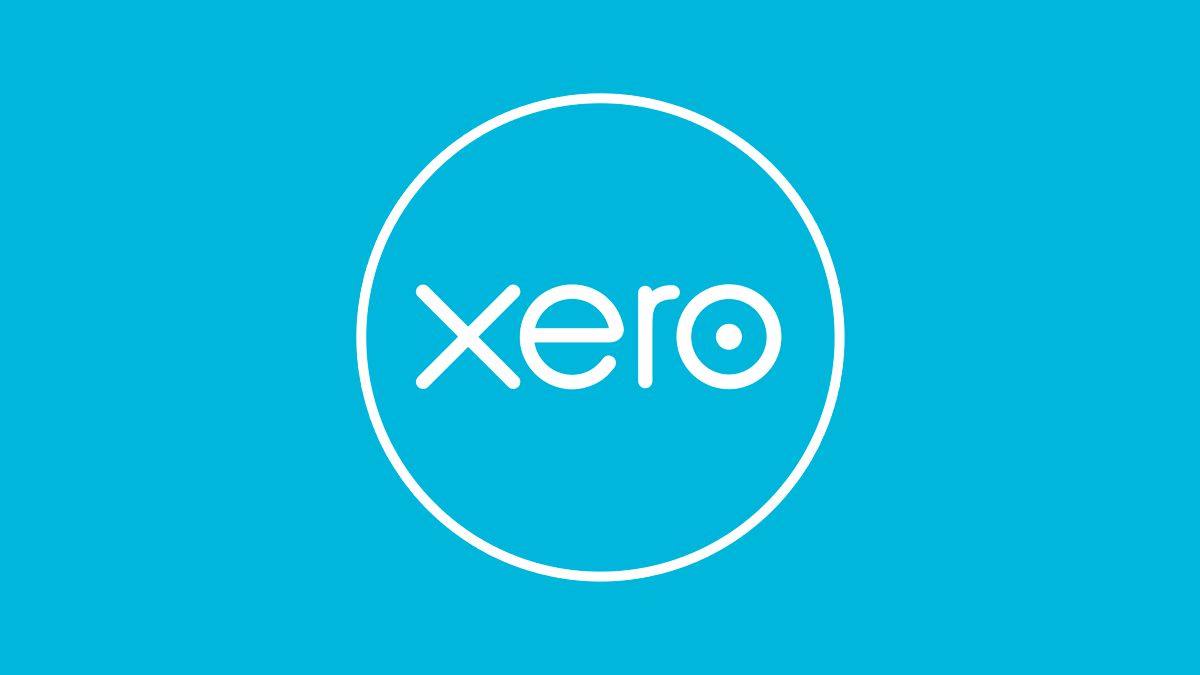You are a long-time retired
For many retirees, there is now a reasonable expectation of increased life expectancy. For many this could mean 20-30 years of life after retirement. However, for many this is a challenge after a long working life.
It is becoming a challenge for many and leading to mental health challenges for retirees. The issue is that for many, work has been go, go, go for 30-40 years of our lives. For many it is also what defines who we are and what we are about. Other than family it is probably the one thing that provided day to day direction and purpose. Work can also be a social outlet, allowing mixing with fellow team members and customers.
A point I make with many of my clients is that in retirement they must have a reason to get out of bed in the morning. A purpose to drive then, keep mentally stimulated. Often at such a retirement stage it is hopefully not about the financial reward, but fulfillment and purpose. Where a family business is concerned retirement may mean more of a pottering stage of life. Coming and going as they feel, still being depended on and sense of being needed and still being there adding to the business overall success. For others, retirement may mean selling out of a business or total retirement from active employment in that business. In such as cases there may not be the ability to be involved in the business or industry.
So, what can we do?
- Plan for retirement, think about those things you are wanting to do that work has always got in the way of. Write a bucket list and do them. Fishing, bowls or golf everyday may sound like fun, but will that challenge you long term?
- Before retirement discuss with your partner the concept of retirement. Do you have the same expectations? It will be a big change in your lifestyle dynamic.
- Phase towards retirement. There is no hard rule of being all or nothing when it comes to work. Where possible consider working towards a phase out approach, start by not working on certain days, ease out of certain work commitments or pass on many of the tasks you perform.
- Take a sabbatical from work, re-energise and go back. The break may also allow a reset in the way you work and on return the role may have evolved to keep you engaged for a few more years.
- Change the sort of work you do, moving into different roles or change employers.
- Consider voluntary work, providing you years of skills to other organisation that may be requiring assistance. This is win-win, the group get expertise and you have continued purpose.
- Keep learning new things, taking the opportunity to do short courses, learn practical skills. This may also include skills learnt in volunteering on the job.
- Pay it back, use your long career of skills to upskill the future generation just starting in your industry.
- Join clubs and special interest groups to mix with other likeminded people. Don’t just join for the activities, but also to socialise.
If there is something to take from this article it is, be aware of mental health. Check in on yourself, others around you or family members that are transitioning. If you are feeling ‘retirement’ is taking a toll, seek help. There are many great resources to assist this change in life, simply do an internet search for retirement mental health.
The post You are a long-time retired appeared first on Green Taylor Partners.
More GTP Articles






